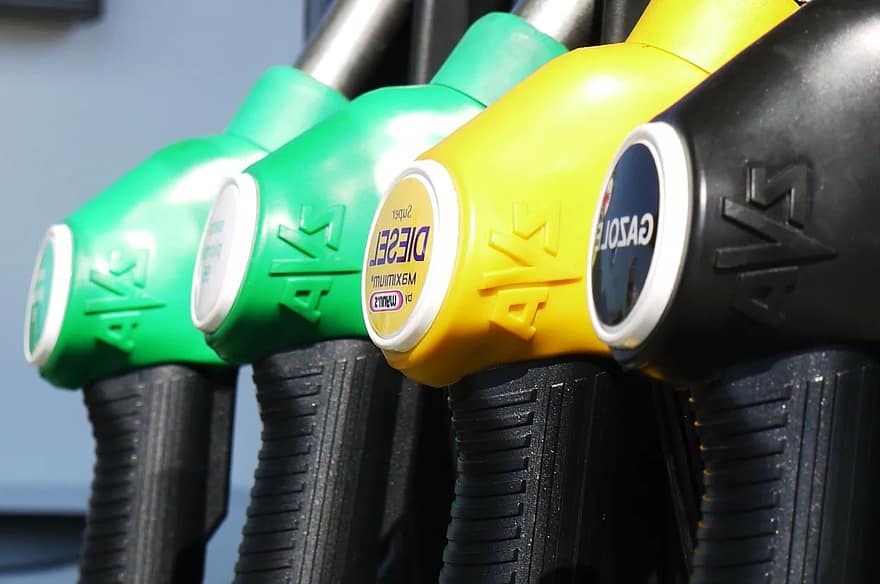The Labour party has joined calls to bring the ban of the sale of new internal combustion engine (ICE) and hybrid vehicles forward to 2030.
Bringing forward the date by five years would help create jobs, cut emissions and reduce air pollution, the party has written to transport secretary Grant Shapps.
Labour pointed to research that suggests manufacturing batteries to replace ICEs could help employment in the automotive industry grow significantly, jumping from 170,000 jobs today to as many as 220,000 in 2040.
The UK needs an “ambitious plan” for a rapid transition to zero-emissions vehicles, it continued, to avoid damage to the automotive sector and the country’s credibility ahead of the COP26 conference, which is set to be held in Glasgow next year.
In February, Prime Minister Boris Johnson announced the sale on new petrol, diesel and hybrid cars and vans would be brought forwards from 2040 to 2035 in a speech confirming the date of the climate conference – this was later changed due to the COVID-19 pandemic however.
Since this point, calls to bring the date forward even further have grown, with One Nation – a group of over 100 moderate Conservative MPs – one of the most recent parties to call for a 2030 ban.
In June, the Committee on Climate Change stated that the date should be brought forward to 2032 at the latest if the UK is to be on track to meet its 2050 decarbonisation target. The likes of SSE and the UK Electric Fleets Coalition have also called for a 2030 ban, as well as the Net Zero All-Party Parliamentary Group recommending a 2032 ban.
Matthew Pennycook MP, Labour’s shadow minister for climate change, said that 2030 was an “ambitious but achievable date” for the phase-out that would give “life to the UK car industry, whilst combating climate breakdown and cleaning up the air that dangerously pollutes so many of our towns and cities”.
“But as well as accelerating the phase out, the government must also set out a credible plan to get there – one that backs the low-carbon jobs and industries of the future and ensures that workers and communities are properly supported in the transition to a fairer and cleaner economy.”
Pennycook continued that it was time for ministers to “seize this opportunity” to be part of a world-leading green recovery, helping to create jobs across the country in the wake of the economic impact of the COVID-19 pandemic, and generate “real momentum” for the COP26 climate summit.





